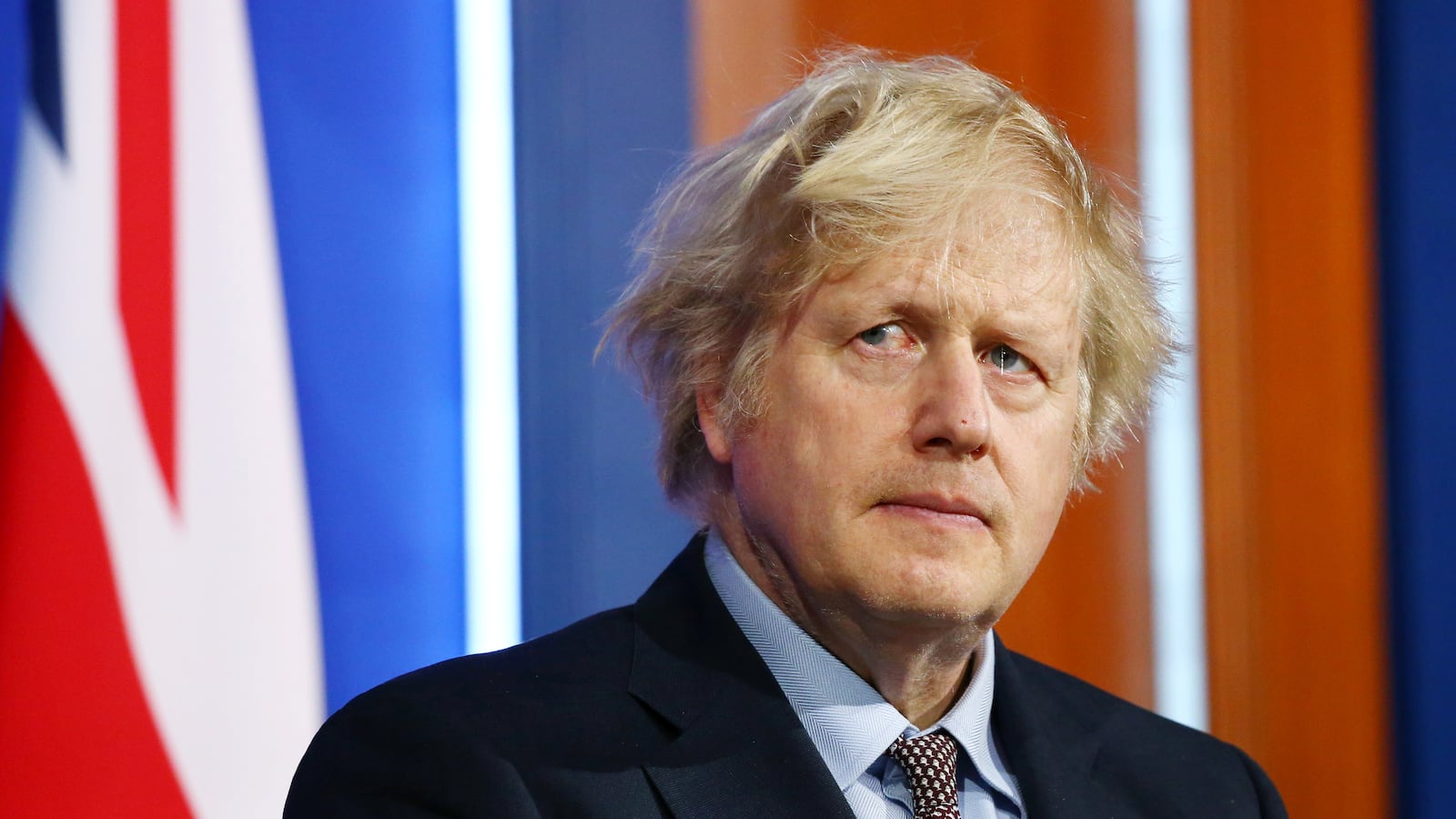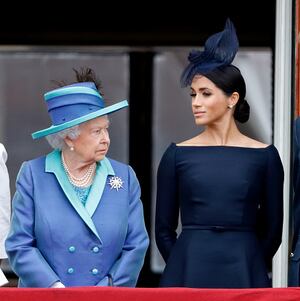Last summer, after George Floyd’s killing sparked mass anti-racism demonstrations around the globe, British Prime Minister Boris Johnson asked a dedicated team to investigate and report back on racism in the U.K.. On Wednesday, they came back with their findings—that institutional racism no longer exists, and that the slave trade had some upsides.
The report, published by the British government’s Commission on Race and Ethnic Disparities, has been branded as “gaslighting” and “an insult” by anti-racism activists. While the study went as far as admitting that Britain is not yet a “post-racial country,” it lauds the country’s race relations as “a model for other white-majority countries.”
“Put simply, we no longer see a Britain where the system is deliberately rigged against ethnic minorities,” it says. “The impediments and disparities do exist, they are varied, and ironically very few of them are directly to do with racism. Too often ‘racism’ is the catch-all explanation, and can be simply implicitly accepted rather than explicitly examined.”
The report went on to say that other factors—such as geography, socio-economic background, culture, family influence, and religion—had “more significant impact on life chances than the existence of racism.”
Appearing on BBC Radio 4's Today show on Wednesday, the chairman of the commission, Dr Tony Sewell, explained his questionable findings further, saying: “No-one denies and no-one is saying racism doesn't exist... We found anecdotal evidence of this. However, evidence of actual institutional racism? No, that wasn’t there, we didn’t find that.”
Perhaps the low point of the report is when it appears to find some benefits of the African slave trade—an atrocity in which Britain very much led the way. The government report chirpily states: “There is a new story about the Caribbean experience which speaks to the slave period not only being about profit and suffering but how culturally African people transformed themselves into a re-modelled African/Britain.”
The report also criticized anti-racism campaigners, dismissing Black Lives Matter and related demonstrations as the “idealism” of “well-intentioned young people” that risks “alienating the decent centre ground” of British politics. The commission condemned what it described as an “increasingly strident form of anti-racism thinking that seeks to explain all minority disadvantage through the prism of white discrimination.”
The report has, predictably, received an extremely bad reaction from anti-racism advocates. Rehana Azam, the national secretary of the GMB trade union, said: “Only this government could produce a report on race in the 21st century that actually gaslights Black, Asian, Minority and Ethnic people and communities. This feels like a deeply cynical report that not only ignores Black and ethnic minority workers’ worries, but is part of an election strategy to divide working class people and voters.”
David Lammy, a lawmaker for the opposition Labour Party and shadow Justice Secretary, described the report as “an insult to anybody and everybody across this country who experiences institutional racism.” He added: “Boris Johnson has just slammed the door in their faces by telling them that they’re idealists, they are wasting their time. He has let an entire generation of young white and Black British people down.”
Prof Kehinde Andrews, a professor of Black Studies at Birmingham City University, said: “It’s complete nonsense. It goes in the face of all the actual existing evidence. This is not a genuine effort to understand racism in Britain. This is a PR move to pretend the problem doesn’t exist.”
To make matters worse, HuffPost reported that selected journalists were not briefed about the report in advance—including Britain’s only race correspondent, The Independent’s Nadine White. White was sent an email showing that the commission asked for briefings on their report on racial disparities be sent to a “tight list of journos” only.
Institutional racism in Britain has been under the spotlight in recent weeks after Prince Harry and Meghan Markle’s allegation that the royal family expressed concerns about how dark their baby’s skin would be. Harry said racism in the British media was a “large part” of why he left the country, adding: “Unfortunately, if the source of information is inherently corrupt or racist or biased, then that filters out to the rest of society.”







